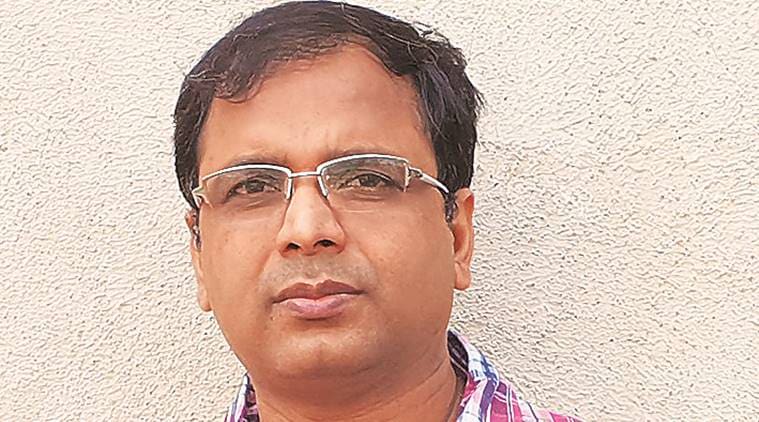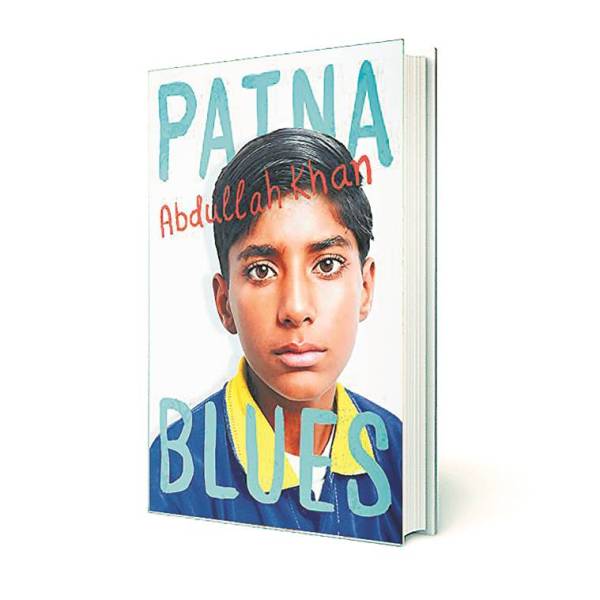
While the story of Patna Blues (Juggernaut, Rs 499) revolves around the love affair of a young Muslim boy Arif with a married Hindu woman named Sumitra, the fault lines that run through the story that make it more engrossing. Spanning over a decade, it recounts the young man’s struggle to clear the UPSC examination — echoing the life story of thousands of boys from his state, Bihar. Readers are acquainted with the political environment in Patna post the demolition of Babri Masjid, along with the caste and class differences that run in the society. The mundane affairs of a lower middle-class household in the ’90s – with a sub-inspector father, a brother who wants to make it big in Bollywood, three sisters and a silent mother — add much colour to the story.
The book is banker-writer Abdullah Khan’s debut novel, which was in the making for the last two decades. Though it opened to mixed reviews, it will soon be translated to Tamil, Malayalam, Kannada, Odia and Marathi. A Pakistani publisher is translating it to Urdu and an Austrian company has commissioned its German edition.“The struggles of working-class people everywhere are the same. And that is why most people are able to identify with Arif and his family,” says Khan.

While the love affair had many critics label the book as pulp fiction and Bollywood-esque, the author says he drew inspiration from the Russian novel Anna Karenina, and wanted to weave a “nice” story set in the Bihari hinterlands and rooted in reality. “I have first-hand experience of rural life, and these experiences have influenced my writing. In English fiction, not much has been written about the contemporary Muslims of rural India,” he says.
Born in a village near Motihari, the thought of becoming a writer had crossed Khan’s mind many a times — when he was handed a storybook for the first time at the age of seven, and then years later, when he found out that English novelist George Orwell was also born in his hometown. “It made me wonder if I could be a writer too,” says Khan, who initially studied in a madrassa. In 1997, the announcement of Arundhati Roy winning the Booker Prize (for The God of Small Things) brought a small change in Khan’s life too, and he started working on his novel.
But the rut of a bank job made him abandon reading and writing. But he went back to it a few years later, when his wife Tarannum found the partially written manuscript, then titled Four Corners of a Heart. “She asked me why I had stopped writing, and said I should resume working on it,” says Khan, who completed the first draft of Patna Blues in 2009.
Many drafts and rejections later, the novel was published by Juggernaut. “It was a long and emotionally excruciating journey from being an aspiring writer to becoming a published one,” he says.
Khan is currently working on his second novel — Aslam, Orwell and Jessie the Pornstar, about a boy named Aslam Sher Khan, born in the same house in Motihari as George Orwell, and when he comes to know about this, he begins to believe that he is an incarnation of Orwell. “Set in India and the US, it is also a meditation on contemporary politics and modern-day moralities,” says Khan, who also plans to write two sequels of Patna Blues — Zakir’s Dilemma and Sumitra’s Choice.